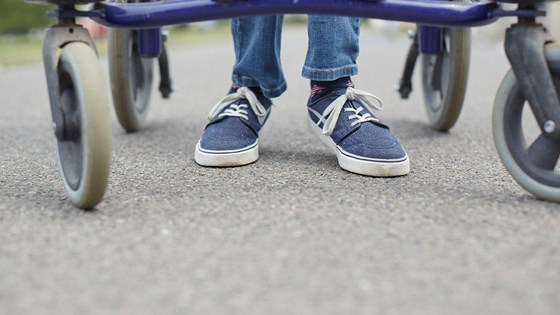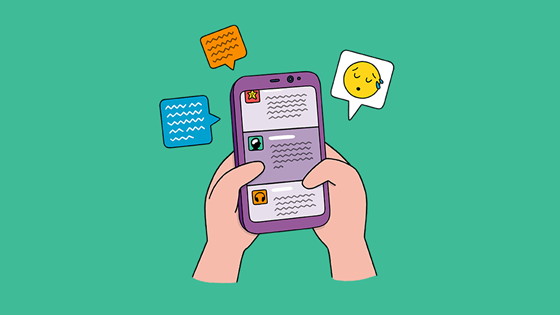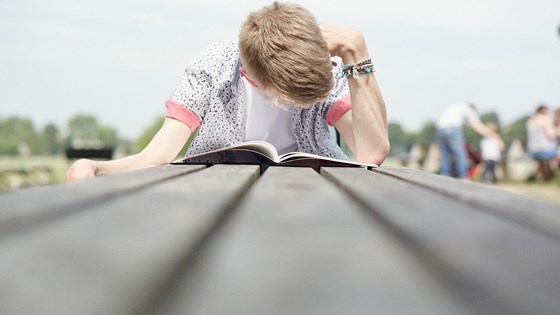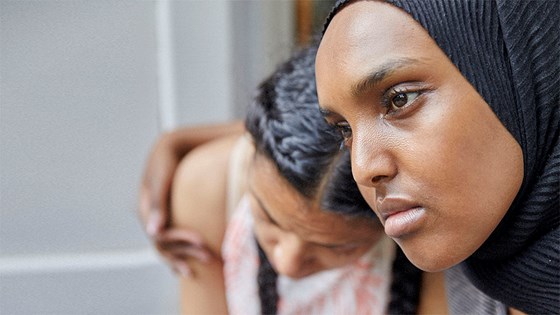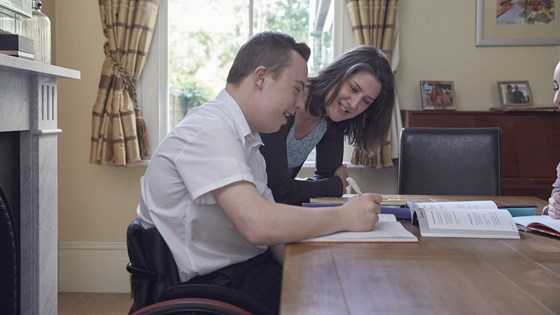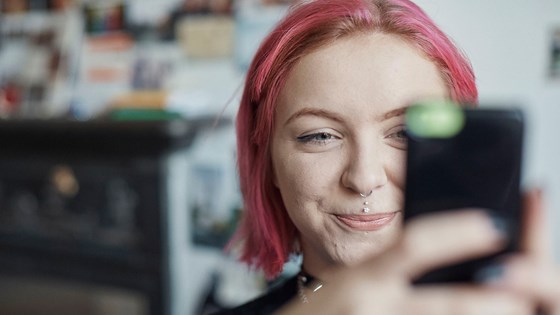What causes a disability?
There are lots of reasons why someone might have a disability.
Some disabilities:
- can be the result of genetic disorders, which are passed on through families
- are the result of problems during pregnancy or birth
- are developed during someone’s life, like if they were involved in an accident, developed an illness or a mental health problem that comes and goes.


